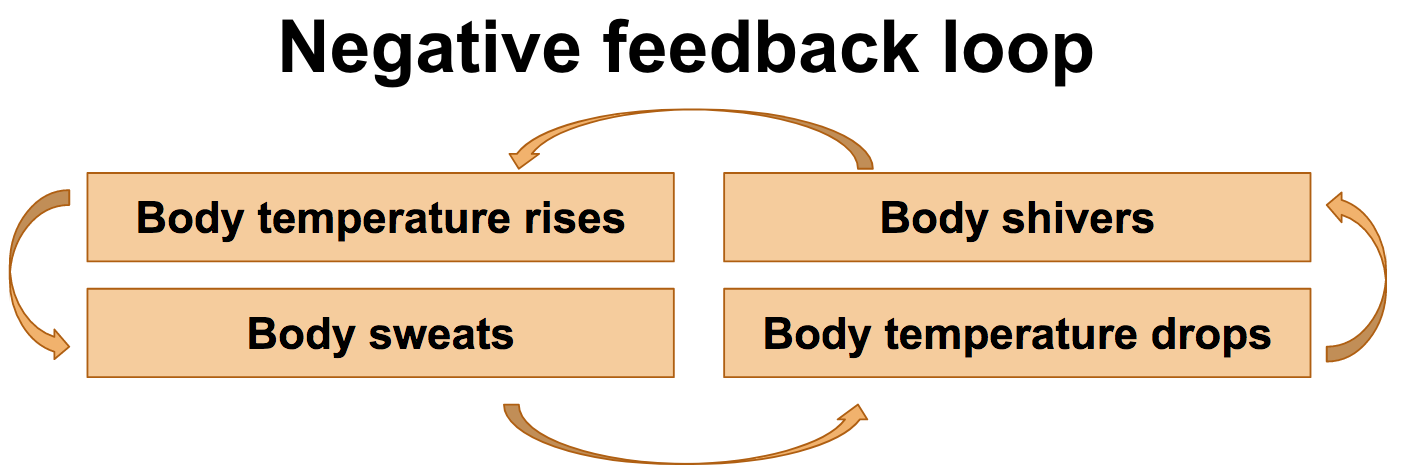
- #Peer review negative feedback examples how to#
- #Peer review negative feedback examples professional#
We therefore went about collecting narratives from academics who were working in the same research area then, after adding our own narratives to the corpus, we used a semi-formal procedure loosely informed by narrative analysis to document the spread of the retiring scholar’s seminal contributions. Knowing that a Festschrift is more about honouring a friend and less about breaking new scientific ground, another colleague and I decided to write a chapter mapping out the influence of the retired colleague’s thinking.
A colleague in my (then) department was about to retire, and someone suggested that it would be a nice idea to put together a Festschrift, or tribute volume, for her. More recently, I had a less pleasant encounter with the peer-review process.
#Peer review negative feedback examples how to#
The person I needed to learn how to trust was myself. But perhaps they were wrong in saying that I needed to trust the readers more. The reviewer was right to point out, just like Voltaire had done before him, that “the easiest way to be boring is to say everything”. More importantly, my voice as an author was easier to hear, and it sounded more confident. When I was done, I somewhat reluctantly admitted that the paper actually looked much better, my argument was tighter, and I even had more space to develop a couple of points that I had previously left out because of the word-limit. On the other hand, if I wanted to get the paper published, I had to comply with the reviewers’ instructions, so a couple of weeks later I began to revise. That seemed like a much more plausible explanation than the insulting suggestion that there was something wrong with my paper.
#Peer review negative feedback examples professional#
So, I decided, I was clearly dealing with professional envy. Plus, I was educated in a great university, and they were just reviewing for a small regional journal. Academic writing is about being able to back up your thinking, and that’s what I was doing, and doing it very well, I thought! Maybe this reviewer was just jealous because I was able to cite so many sources. The truth is that I was more than slightly upset when I read this comment, particularly because I was actually quite proud of my writing style.

The author should limit himself to the most important citations, and trust the readers to know the more trivial details. The multiple citations that follow every sentence are very distracting and disrupt the flow of the text. The paper is over-referenced, and reads like the work of a post-graduate student. But – to my shock – one of them commented that there were problems with the way I was presenting the content: The reviewers made some encouraging remarks about the study, and that pleased me enormously. At the time, I had just completed the pilot study of my PhD, presented the findings at a conference, and submitted the write-up to a regional journal. The best piece of advice I ever received from a peer-reviewer came in one of my first publications. So what follows is a short list of lessons I learnt (or should have learnt), from peer-reviewer’s comments that I received at one time or another. But the main aim of the upcoming workshop is to raise awareness that there is always something useful to learn, even from misguided suggestions. It is also quite unfortunate that the anonymity of reviewers tends to encourage comments that are not consistently constructive.

The difficulty in dealing with peer review stems in part from the fact that, after investing time and effort in a study, receiving criticism is not easy. Reviewer 2 walks into a bar complaining immediately of this not being the joke they would have written.- Shit Academics Say March 21, 2017



 0 kommentar(er)
0 kommentar(er)
